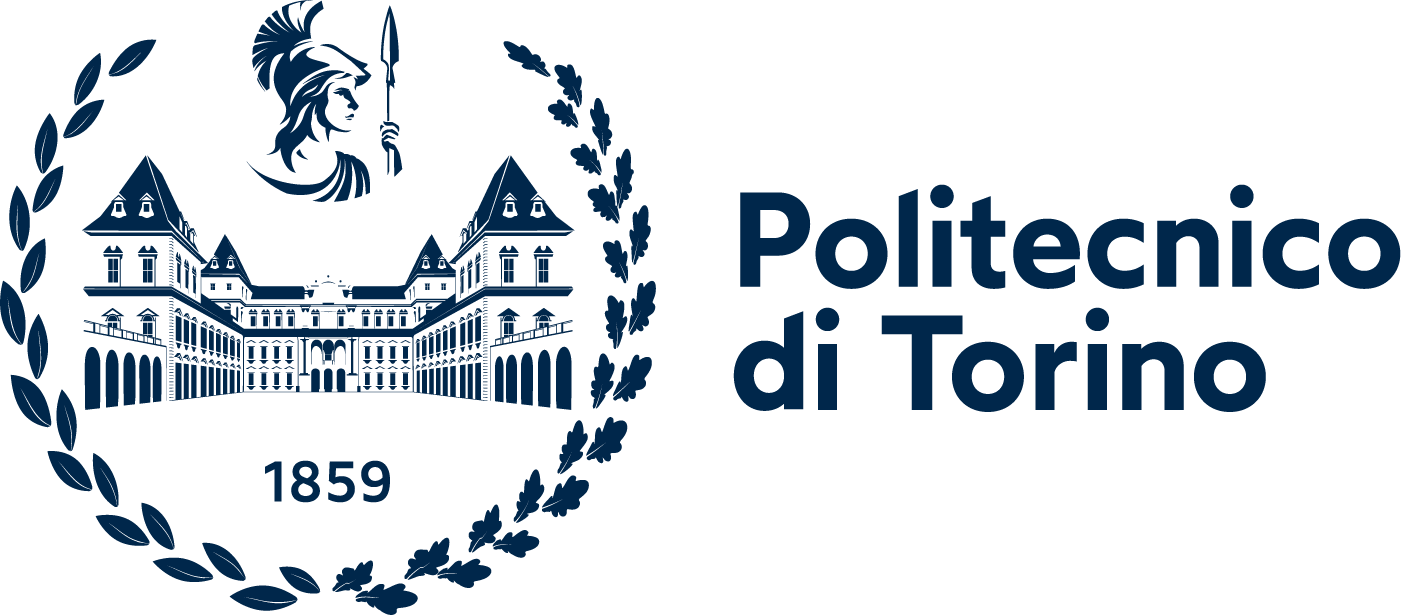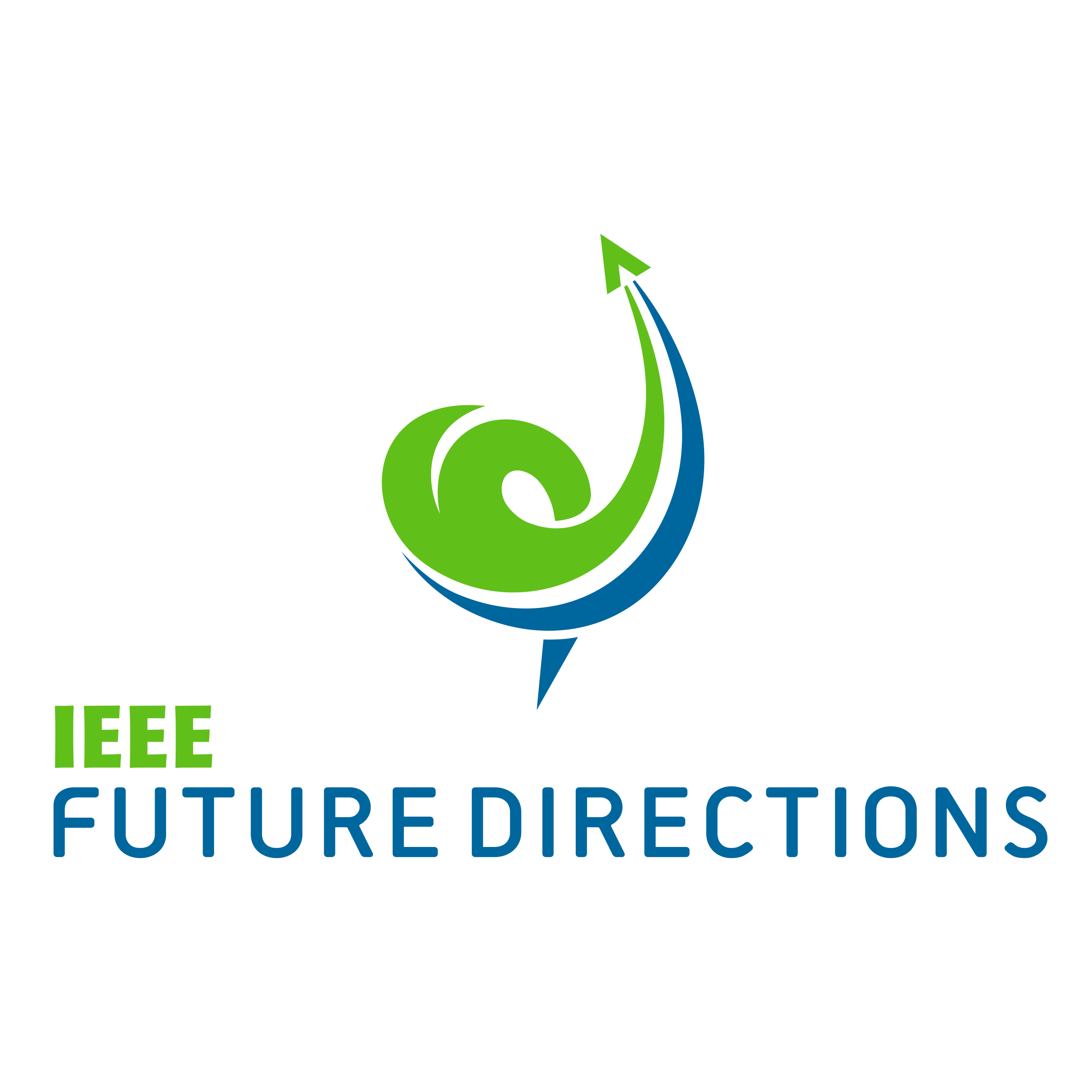IMPORTANT INFORMATION FOR COMPSAC 2022 AUTHORS
COMPSAC 2022 will be completely virtual as it was in 2020 and 2021, and all presentations will be done virtually. We will announce this update also in the submission acceptance letters to authors. Authors of accepted papers will be required to provide a video of their presentation together with the submission of the final version of their papers. COMPSAC will provide detailed guidance regarding preparation and submission of these videos.
The IEEE International Workshop on Digitalized Adaptive Learning and Immersive Technology Education (DigitALITE 2022)
Goal of the workshop:
The workshop aims to foster cooperation among educators, practitioners and researchers in order to exchange the latest ideas on adaptive practices and immersive technology in educational settings.
Workshop theme:
Technological advancements and breakthroughs are bringing about a paradigm shift in contemporary education. Particularly in the last ten years, emerging technologies such as mobile devices, augmented reality and virtual reality are increasingly employed in educational settings. With such advances becoming increasingly ubiquitous, now is the time for educators to explore the potential of these technologies and provide learning experiences that ‘fits’ them into the modern learner’s lifestyle and needs.
To this end, the area of adaptive education and immersive technology provides a very attractive field for innovative research and practice. The core concept of adaptive learning is to deliver education or training that utilizes technology and data to provide an individually customized learning program to students, intelligently adapting to their learning needs; in other words, the main aim is to meet the needs of each learner’s learning process. As a complement, immersive learning encourages learners to be active and engaged in the learning material, where the learner is frequently required to interact and/or complete tasks in simulated or artificial environments for the learning to continue. Ultimately, relevant and realistic settings can have a huge impact on the psyche of a learner and thus learning success. When adaptive and immersive learning are combined, new learning directions can be readily created and enthusiastically engaged in, resulting in better learning.
Scope of the workshop:
Researchers, educators and practitioners worldwide, from both academia and industry, are invited to discuss state of the art solutions, novel issues, recent developments, applications, methodologies, techniques, experience reports, tools for development, and use of technology to deliver meaningful learning experiences. Topics of interest include, but are not limited to, the following:
- Immersive mixed reality learning experiences
- Virtual and augmented reality in education
- Gamification systems in digitalized learning
- Mobile learning and applications
- Microlearning for training and education purposes
- Individualized/personalized learning
- Innovative training programmers
- Artificial Intelligence in education
- Online and technology-enhanced education practices
- Computational learning theories and practices
- Co-created teaching and learning pedagogy
Likely participants: Educators, researcher and industry are called to participate and exchange ideas and techniques.
Please visit Information for Authors for formatting instructions, page limits, and IEEE paper templates.
Important dates for submission and notification are listed here.
Workshop Organizers
Amarpreet Gill, University of Nottingham Ningbo China
Email: Amarpreet.gill@nottingham.edu.cn
Sannia Mareta, University of Nottingham Ningbo China
Email: Sannia.mareta2@nottingham.edu.cn
Program Committee
(to be confirmed)
Amarpreet Gill, University of Nottingham Ningbo China, China
Sannia Mareta, University of Nottingham Ningbo China, China
Dave Towey, University of Nottingham Ningbo China, China
Derek Irwin, University of Nottingham Ningbo China, China
Yanhui Zhang, University of Nottingham Ningbo China, China
Chiew-Foong Kwong, University of Nottingham Ningbo China, China
Fui-Theng Leow, University of Nottingham Ningbo China, China
Mia Ardiati Tedjosaputro, University of Nottingham Ningbo China, China
Gary Burnett, University of Nottingham, UK. (TBC)
Tina Byron, Loughborough University, UK. (TBC)


